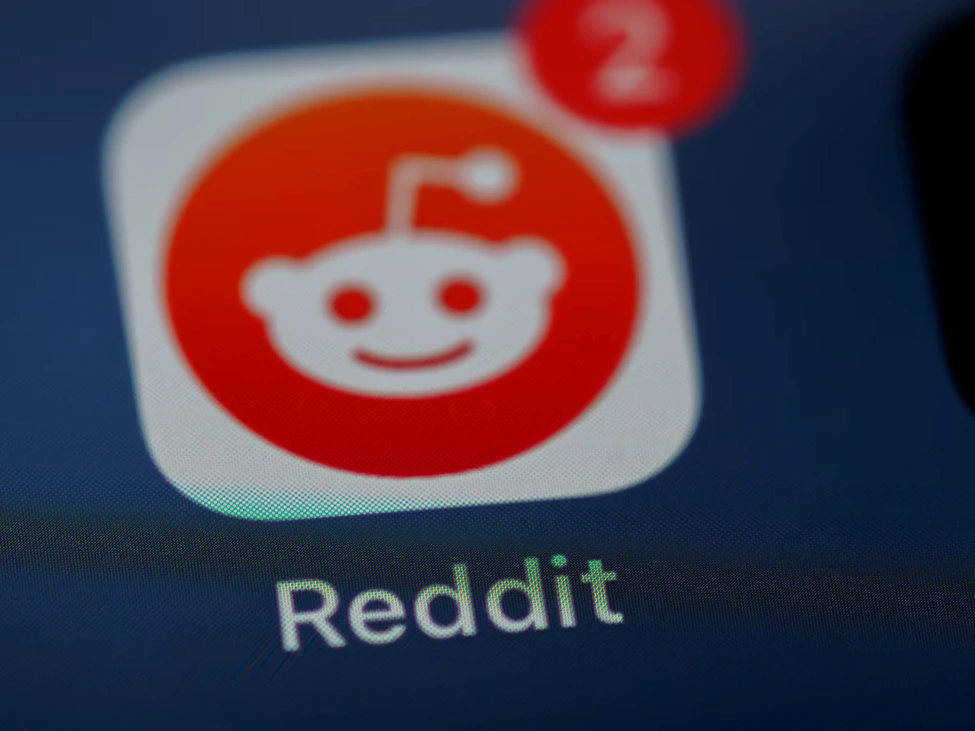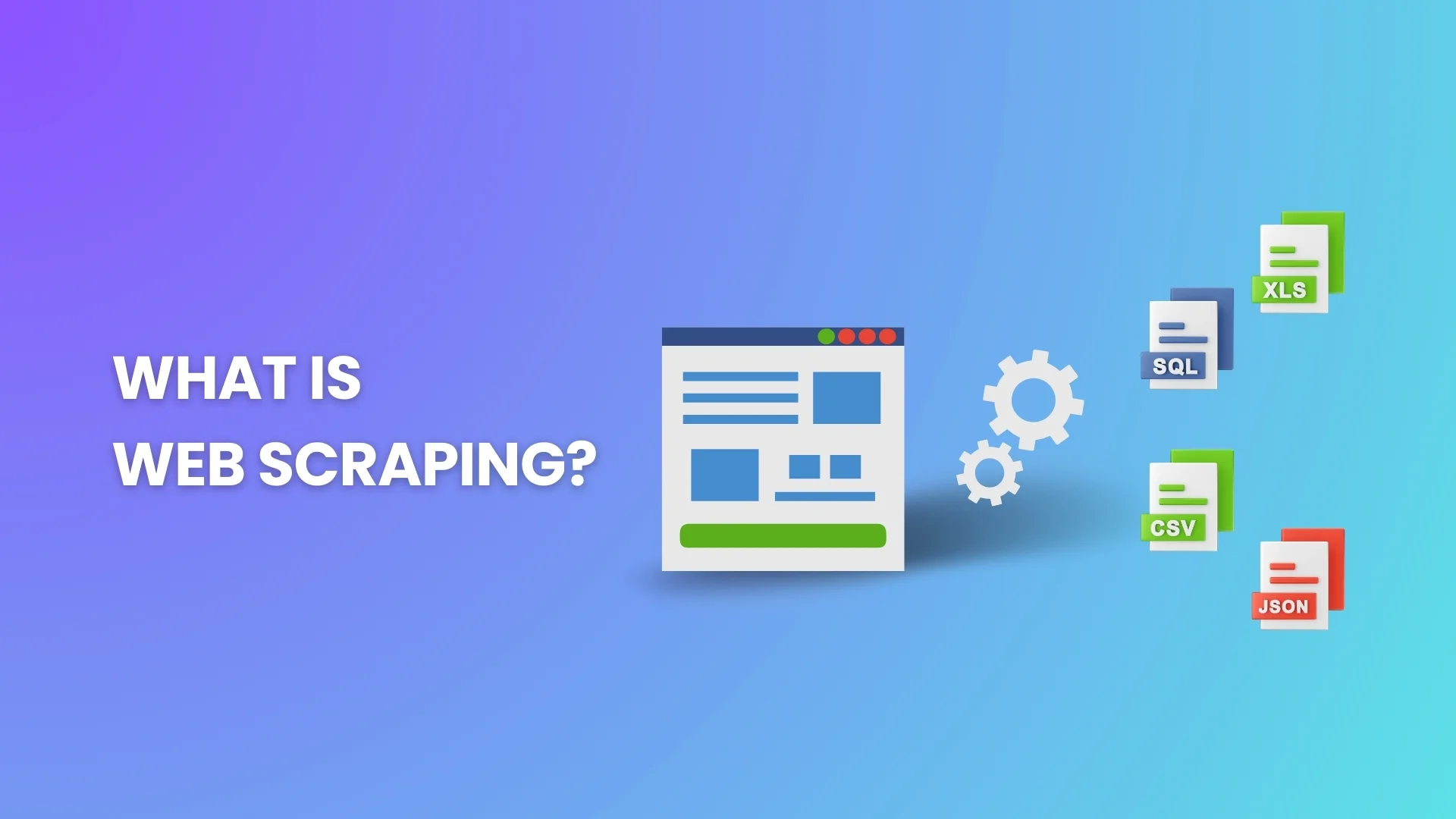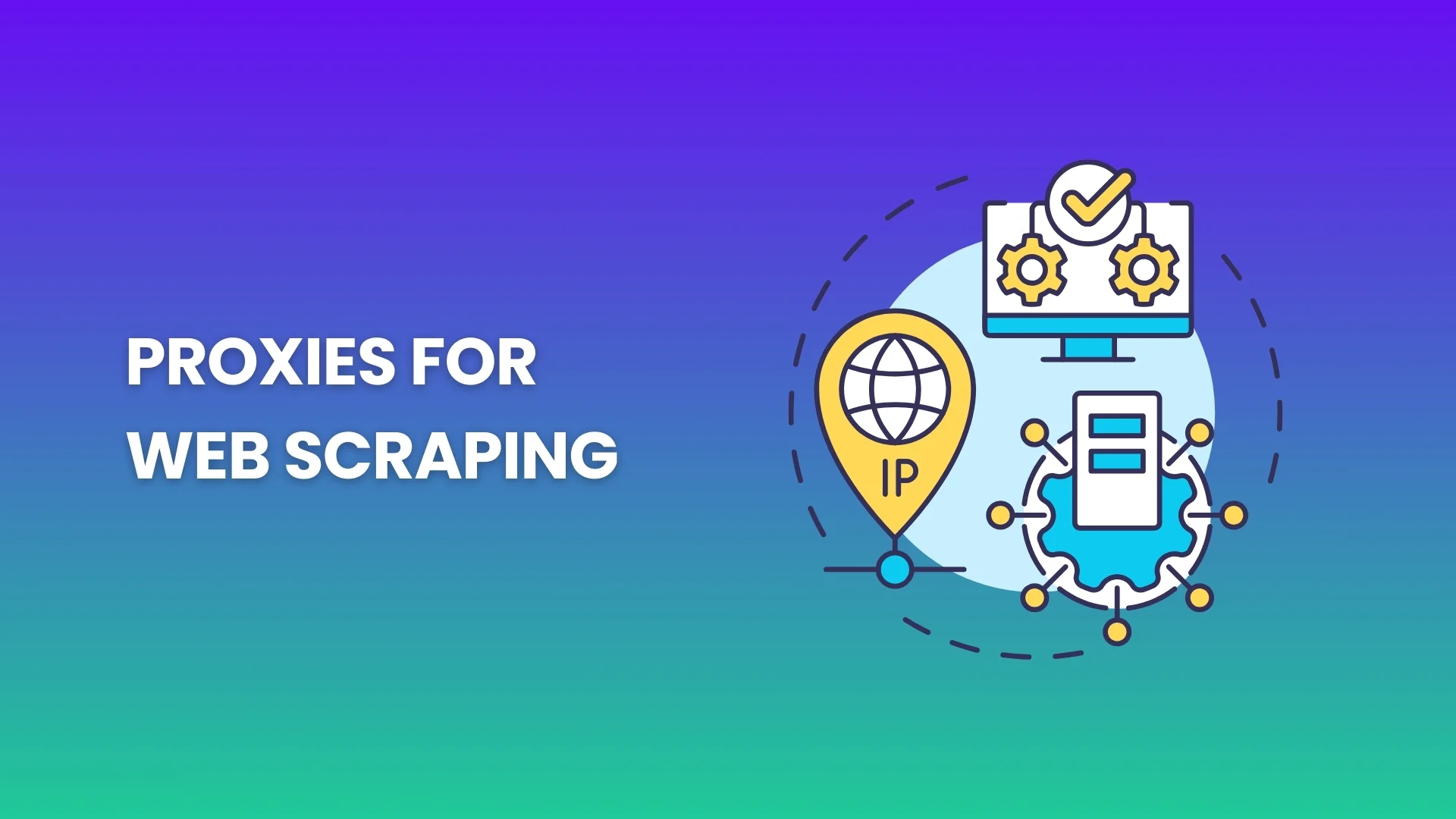Businesses depend on vast amounts of information more than ever.A survey by Salesforce highlights that 80% of high-level executives believe that data is important for the decision-making in their organizations today.
Yet, while you dive deep into the web to extract this valuable information, there’s a fine line that separates the permissible from the prohibited. Beyond legality, there also exists ethics.
Web scraping may often be legal, but is it always ethical? Let’s delve into this topic and see how you can guarantee that you stick to ethical data mining principles.
Is data mining ethical?
Data mining stands at the intersection of technology and ethics. While the technical aspects of data mining are often discussed, the human implications — the challenges it poses to our societal and moral values — should get more attention.
Learn in more detail what is data mining and how it works in this article.
Social ethical and legal issues of data mining
The question of data scraping ethicality isn’t black and white. As with many tools, its moral implications depend largely on how you use it. Still, it’s good to be aware of pressing data mining ethical concerns that arise during these activities.
- Privacy concerns. A single piece of data might seem harmless. However, when combined with other data points, it can paint a surprisingly detailed portrait of an individual’s life, preferences, and habits. As you scrape data, you can unintentionally reveal more than a person might willingly share.
- Misuse of information. Data, by its nature, is neutral. It’s the context that gives it meaning. When removed from its original environment, it can tell a vastly different story. You may unintentionally use the misrepresented information to form misleading patterns, affecting consumer behaviors or even public opinions.
- Data ownership. Who truly owns the data you harvest? Is it the platform hosting it, the individual who shared it, or the entity scraping it? This blurred line can raise both legal and ethical issues with data mining.
- Consent issues. Often, data owners are unaware of web crawling. If you don’t get clear consent, this suggests both ethical and legal dilemmas. While some jurisdictions have legal regulations in place, like the General Data Protection Regulation (GDPR) in the European Union, it’s still a gray area in many regions.

Examples of unethical data mining
Over the years, various instances have spotlighted the darker side of data extraction and analysis. Let’s explore some notable cases of unethical data mining.
Cambridge Analytica and Facebook
Cambridge Analytica harvested Facebook data of 87 million people without their explicit consent. It was then used to build voter profiles and target them with tailored political advertisements during the 2016 U.S. Presidential elections and the Brexit referendum. The scandal raised significant concerns about data privacy, user consent, and the potential of data mining to influence democratic processes.
Twitter data breach
Twitter has been fined $150m by US authorities for misusing user data meant for security to target advertisements. Despite assuring users that their email addresses and phone numbers would bolster account safety, Twitter matched this information with advertiser lists for targeted ads. This violation spanned from May 2013 to September 2019.
Google Street View violated privacy
While Google’s Street View cars were mapping streets, they were also collecting data from unencrypted Wi-Fi networks. They fetched personal emails, passwords, and other internet activity data. Google admitted to the mistake and faced legal action and fines in multiple countries because of violating ethical web scraping principles.
Target’s pregnancy prediction model
Retail giant Target developed an algorithm to predict which shoppers might be pregnant based on their purchase patterns. The intent was to send targeted advertisements. However, this led to an incident where a teenager’s family found out about her pregnancy through promotional mail from Target. This case raised concerns about privacy and the ethical implications of predictive modeling.

Ethical web scraping practices
As you see, not every scraping effort is ethical and legal. To avoid web scraping ethical issues, here are the tips from Nannostomus experts.
- If a website offers a public API that caters to your data needs, prioritize its use to access structured data without scraping a website directly.
- Your User Agent string should always reflect your scraping intentions. It should also provide a way for website administrators to contact you if they have questions or concerns.
- Avoid overloading servers by making too many requests in a short amount of time during job scraping or other activities. This ensures you’re not disrupting the website’s normal operation.
- Extract and store only the necessary data. For instance, if your sole requirement is the website’s metadata, then that should be the only data you retain.
- Respect the content and data you retrieve to maintain web scraping ethics. Never misrepresent it or claim it as your own.
💡 When in doubt, directly reach out to website owners or administrators for permission to scrape their data.
How do you scrape data and what do you do with it
Data extraction techniques
The question of whether is web scraping ethical largely depends on the techniques you deploy. Here’s a quick look at some of the fundamental techniques employed in web mining.
Selective scraping
User simulation
APIs & SDKs
Targets specific data elements on a web page, not all available content.
Mimics human behavior instead of sending basic, repetitive requests (like randomized delays between requests and headless browsers).
Are provided by websites and platforms to grant structured, authorized access to their data.
Minimizes the bandwidth and server load
Avoids triggering anti-scraping mechanisms
Access data in the manner the site intended
Reduces the volume of data, which streamlines processing and storage
Respects the Terms of Service of the website
Reduce the risk of causing unintentional harm to the site or violating terms of use
Purpose of scraped data
One of the most critical data mining ethical considerations is the intent behind this activity. Let’s take a look at what scraping purposes are commonly accepted as ethical:
- Research & analysis for a better understanding of a particular subject, market, or phenomenon (academic research, market analysis, and trend forecasting)
- Content aggregation to provide comprehensive information on a single platform (news aggregation or comparison sites).
- Data backup & archival for digital history or ensuring data continuity.****
- Enhancing user experience by providing relevant, up-to-date information or integrating value-added services based on data.
- Competitive analysis to better understand the market (pricing strategies, product launches, or customer reviews).
Ethical data storage
How that data is stored carries equal weight in the ethical equation. So, to honor the source of the data and protect the rights of all stakeholders, mind implementing robust, transparent, and respectful storage practices.
- Encrypt stored data to ensure that even if unauthorized access occurs, the content remains unreadable and safe.
- Implement access control measures to restrict who can view, edit, and share data. This includes password protection, role-based access, and multi-factor authentication.
- Establish clear data retention guidelines on how long data will be stored. Post the stipulated duration, the data should be deleted or archived.
- Respect sensitive data. Consider anonymizing, pseudonymizing, or even avoiding storage of personal, financial, or other details unless absolutely necessary.
The bottom line
Ethical web scraping and data storage are the pillars that uphold the integrity, trust, and authenticity of data-driven operations.
At Nannostomus, we deeply understand the weight of responsibility for the ethics of web scraping. Our practices are designed not just to fetch data but to ensure its moral sourcing, storage, and application. Our commitment to these principles ensures that data is procured with respect for all stakeholders involved. Contact us today to learn how we can arrange an ethical scraping flow for your project.




